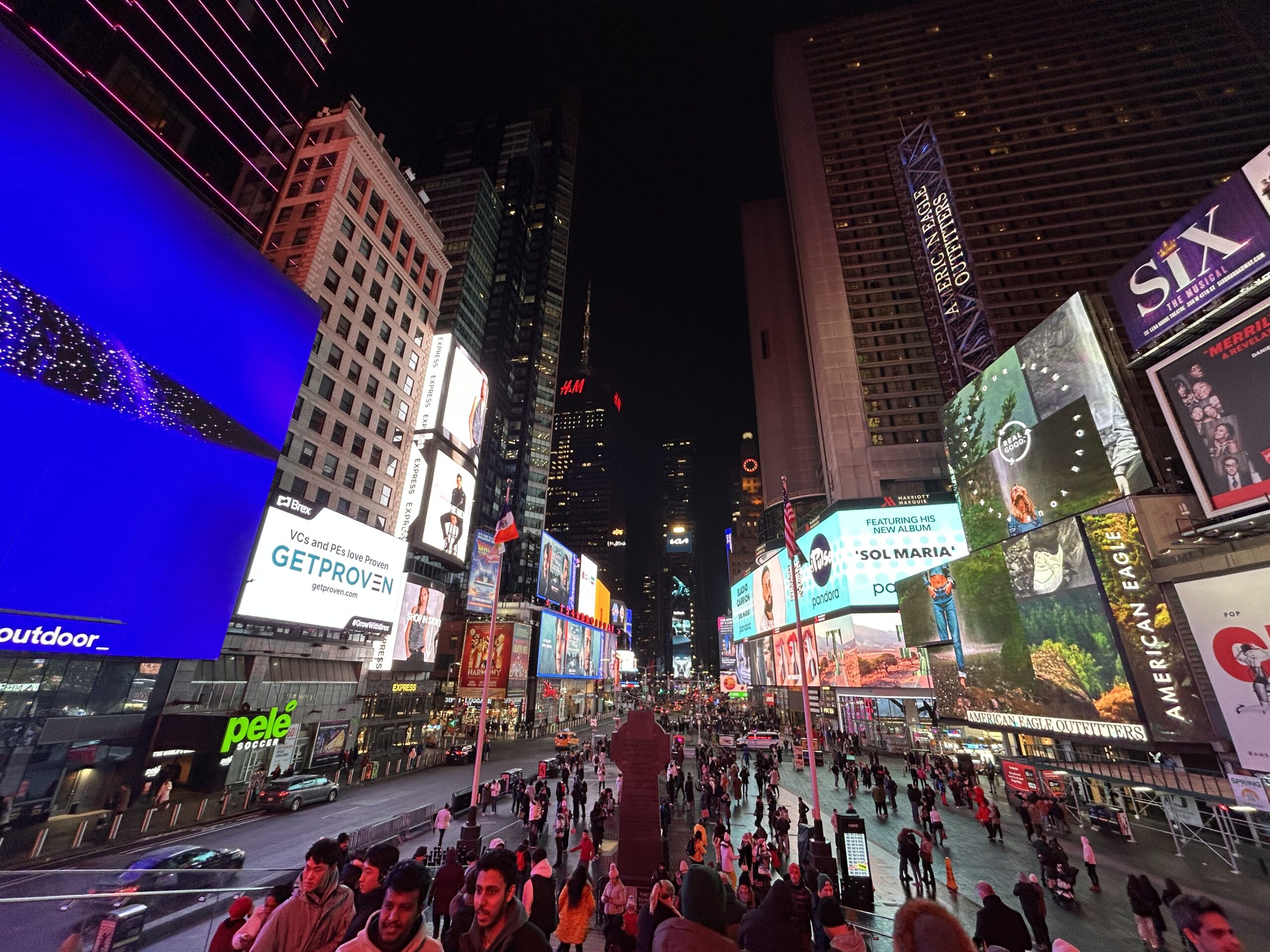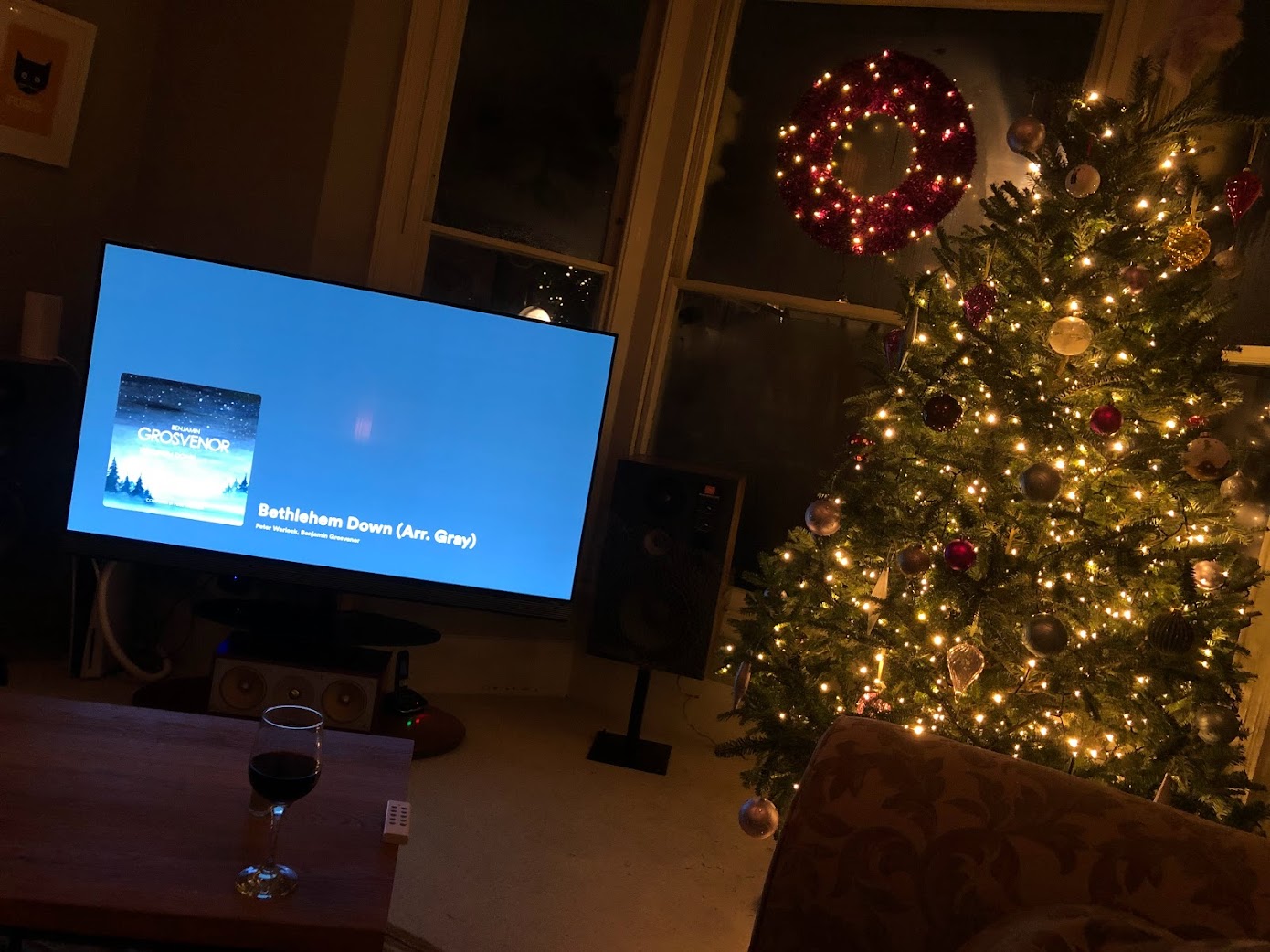Category: Blog
-
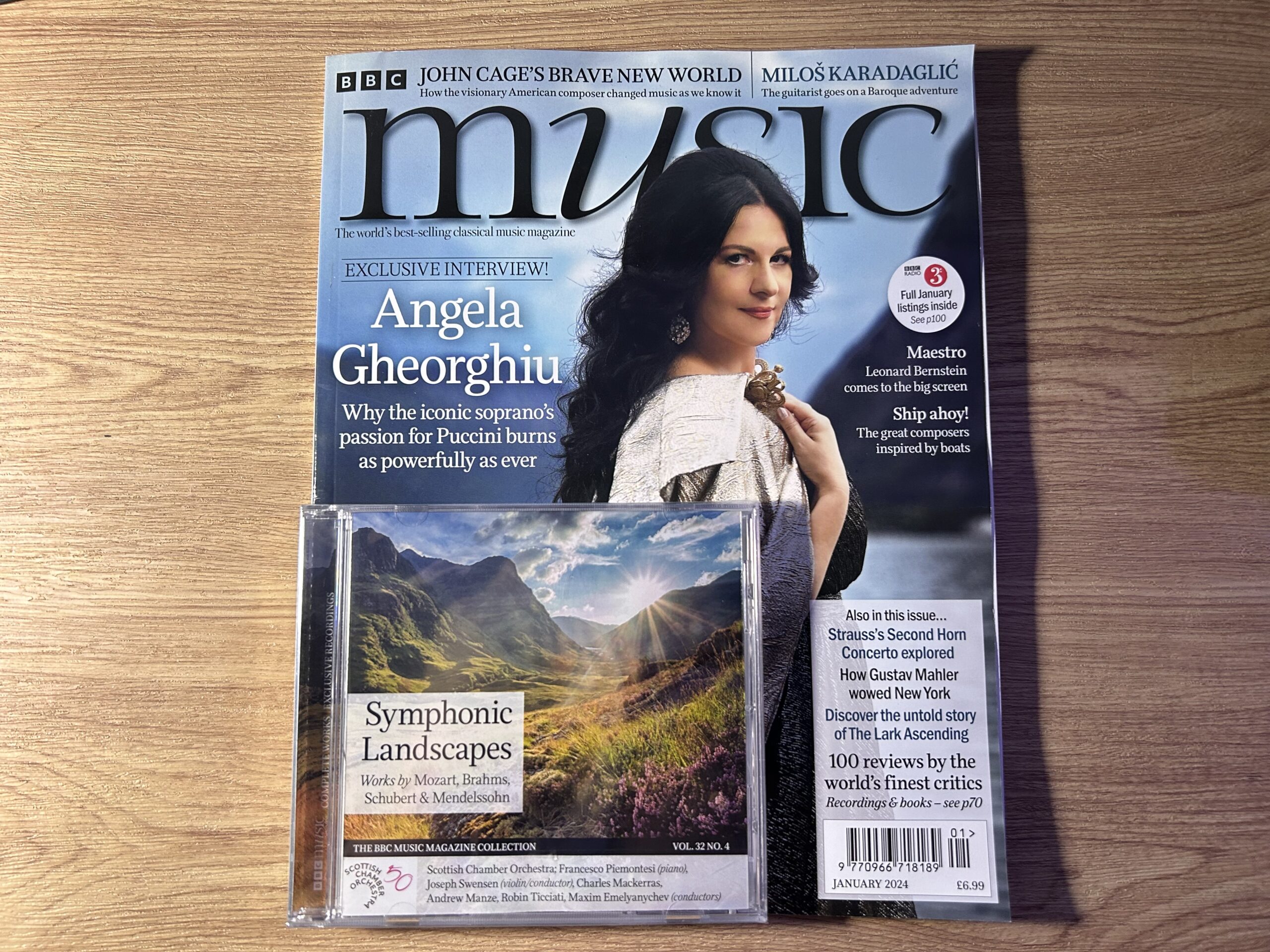
In praise of … BBC Music Magazine
A magazine that appeals to the devotee but steers well clear of superiority and cliques BBC Music Magazine is a publication I’ve returned to in recent months. I’m enjoyed it a lot too. It’s a difficult line to tread editorially: appealing to devotees whilst being welcoming to the curious newcomer. I often feel alienated by…
-
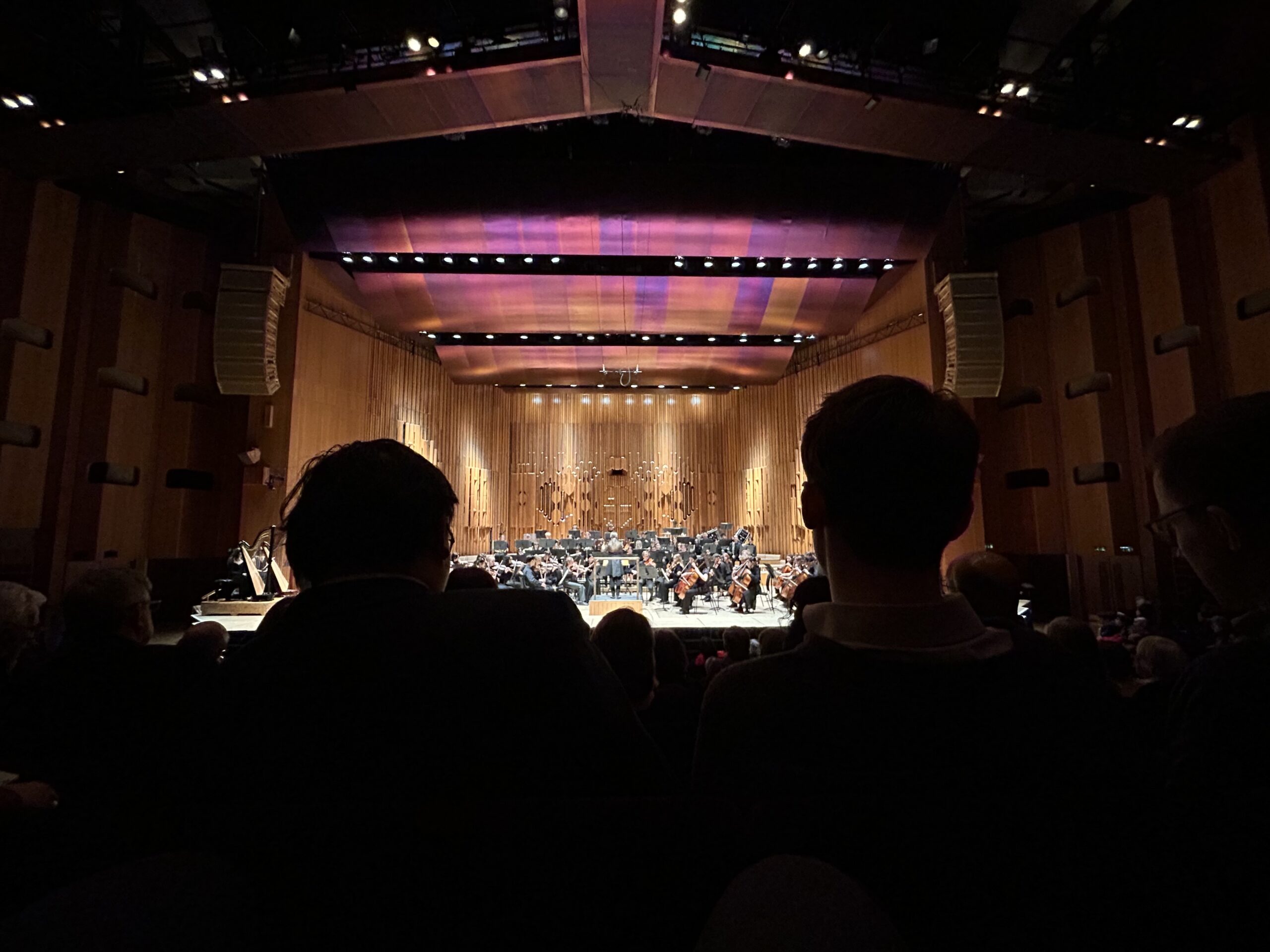
Concert Review – London Schools Symphony Orchestra with Karen Ní Bhroin and pianist Clare Hammond
Committed playing from an energetic bunch of young musicians
-
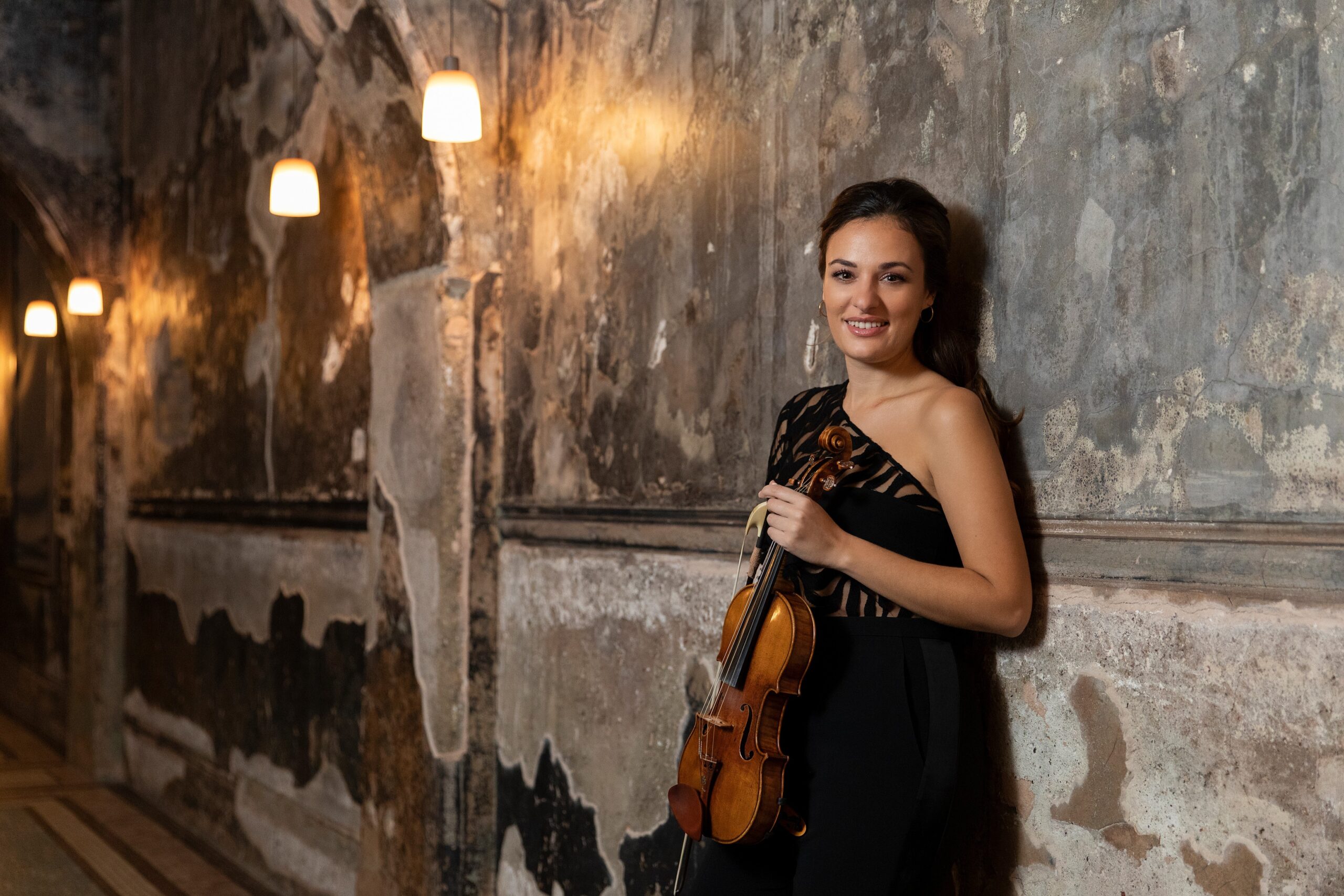
Benedetti’s call to action
A timely reminder from Nicola Benedetti that we need resources not plans to create spaces that help people prepare themselves for the lives ahead of them.
-
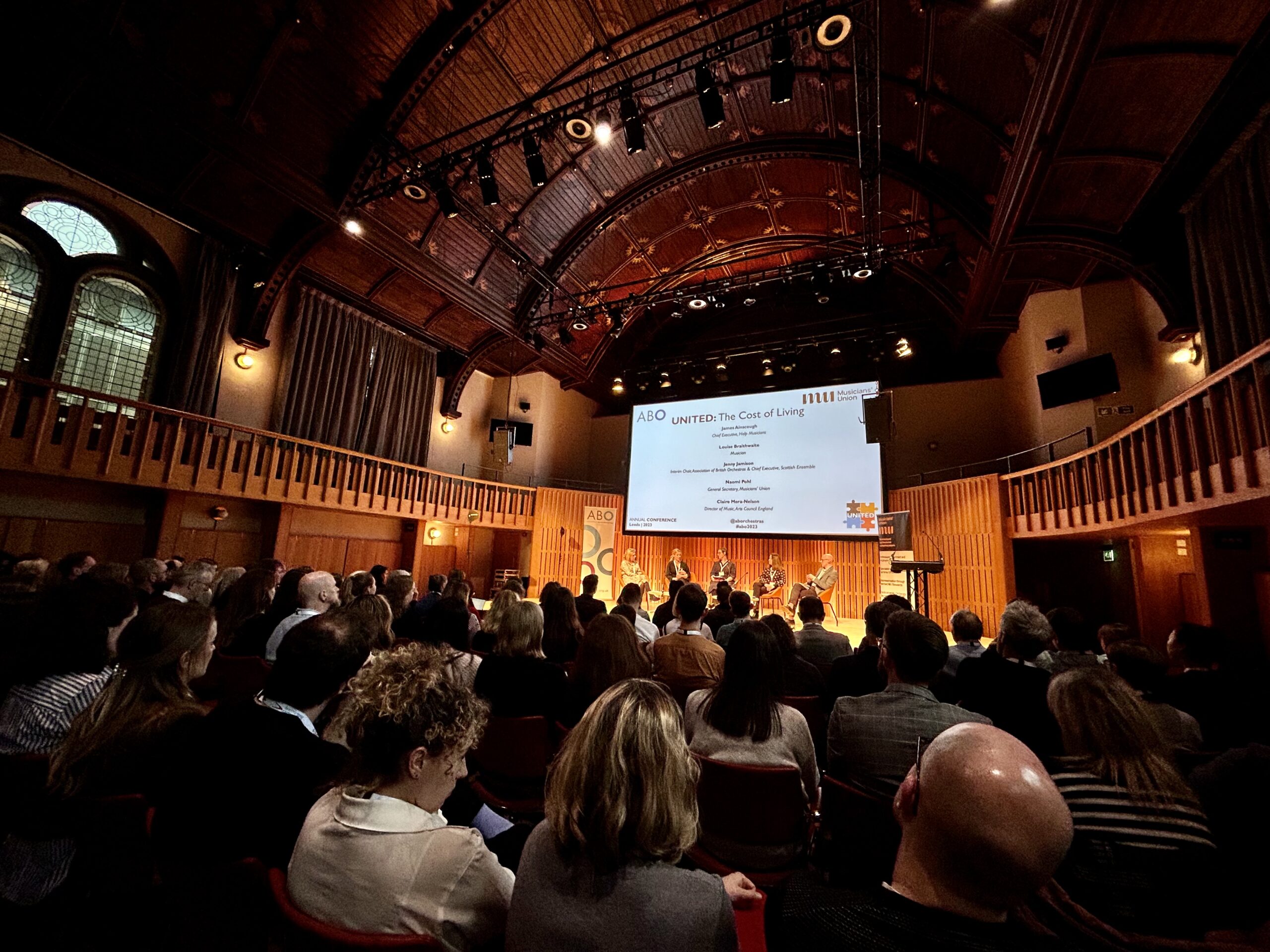
20 things from ABO 2023
A few snippets from various events at the Association of British Orchestras conference that really stuck in my mind.
-
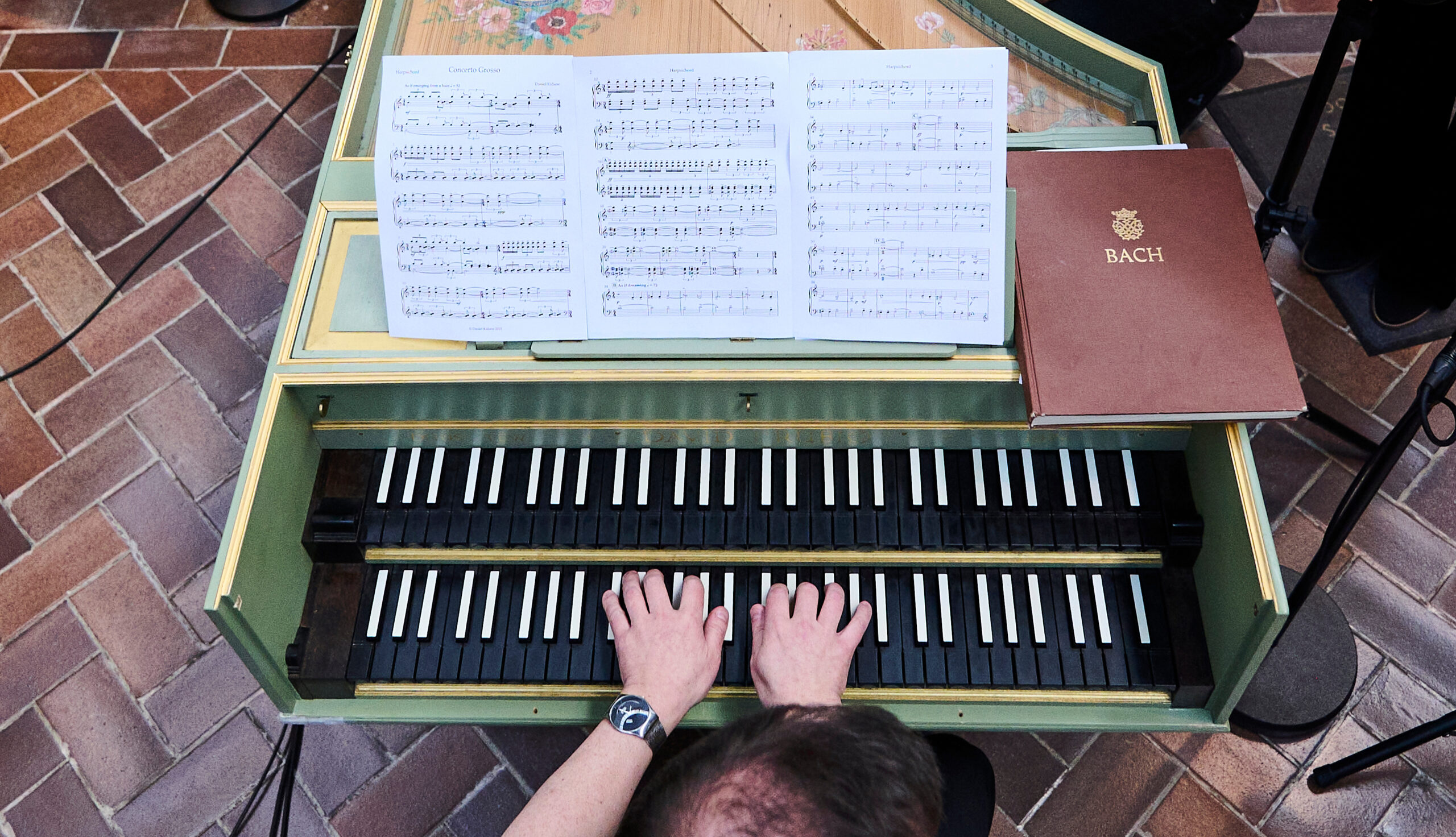
2022 / 2023
The inevitable annual line in the sand marking the end of one year and the start of another.
-
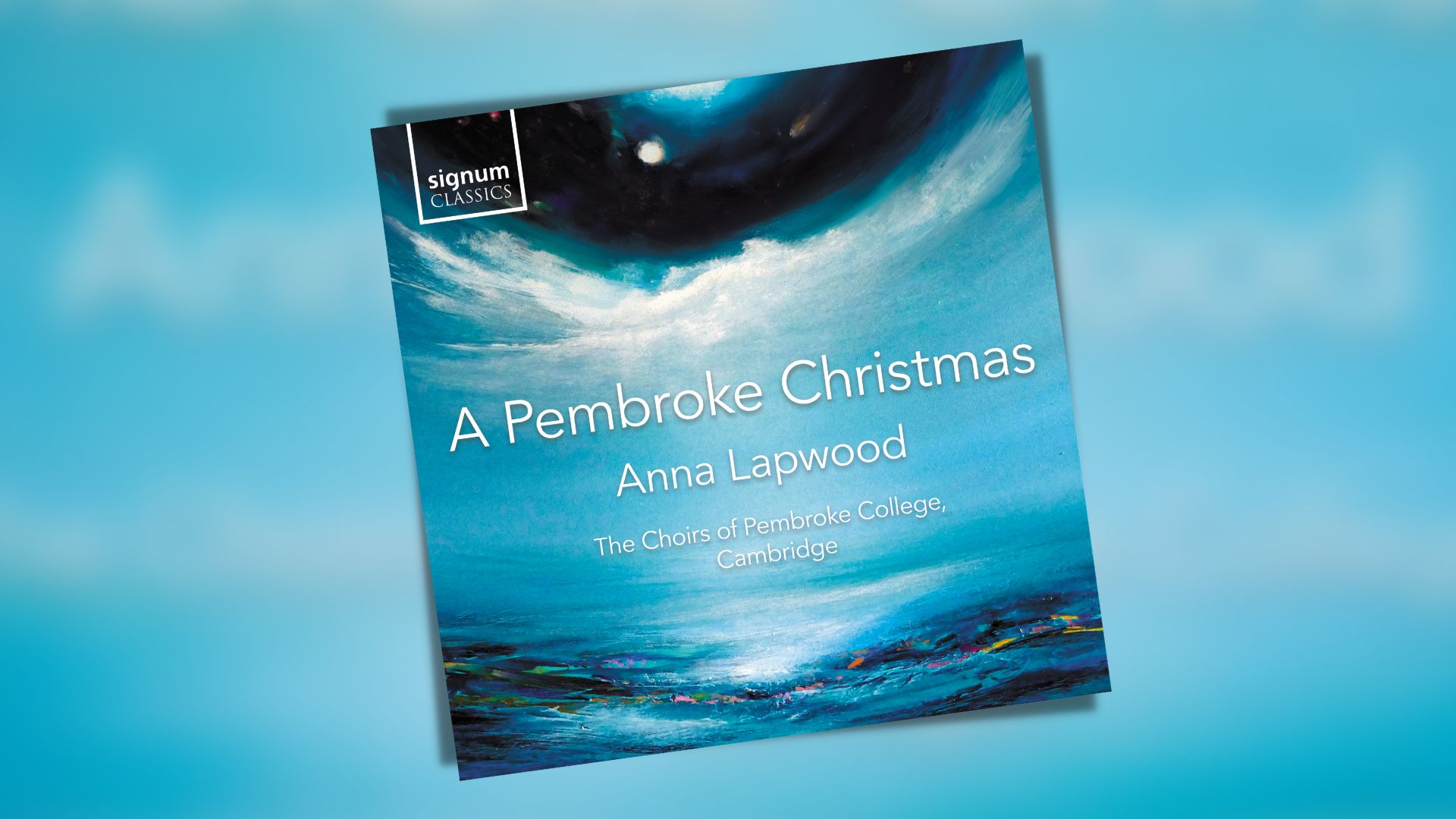
Anna Lapwood’s new Christmas release: A Pembroke Christmas
Another piece of music which has come as a complete surprise on my gentle trot through new-ish Christmas music this year is that written by baritone Roderick Williams. It appears on Anna Lapwood and Pembroke College Choir’s Christmas release recorded earlier this year. O Adonai is ten years old, written originally for Ex Cathedra back…
-

English National Ballet’s Gavin Sutherland on BBC Radio 3
People who bring their natural energy to a live radio exchange do wonders selling the product.
-
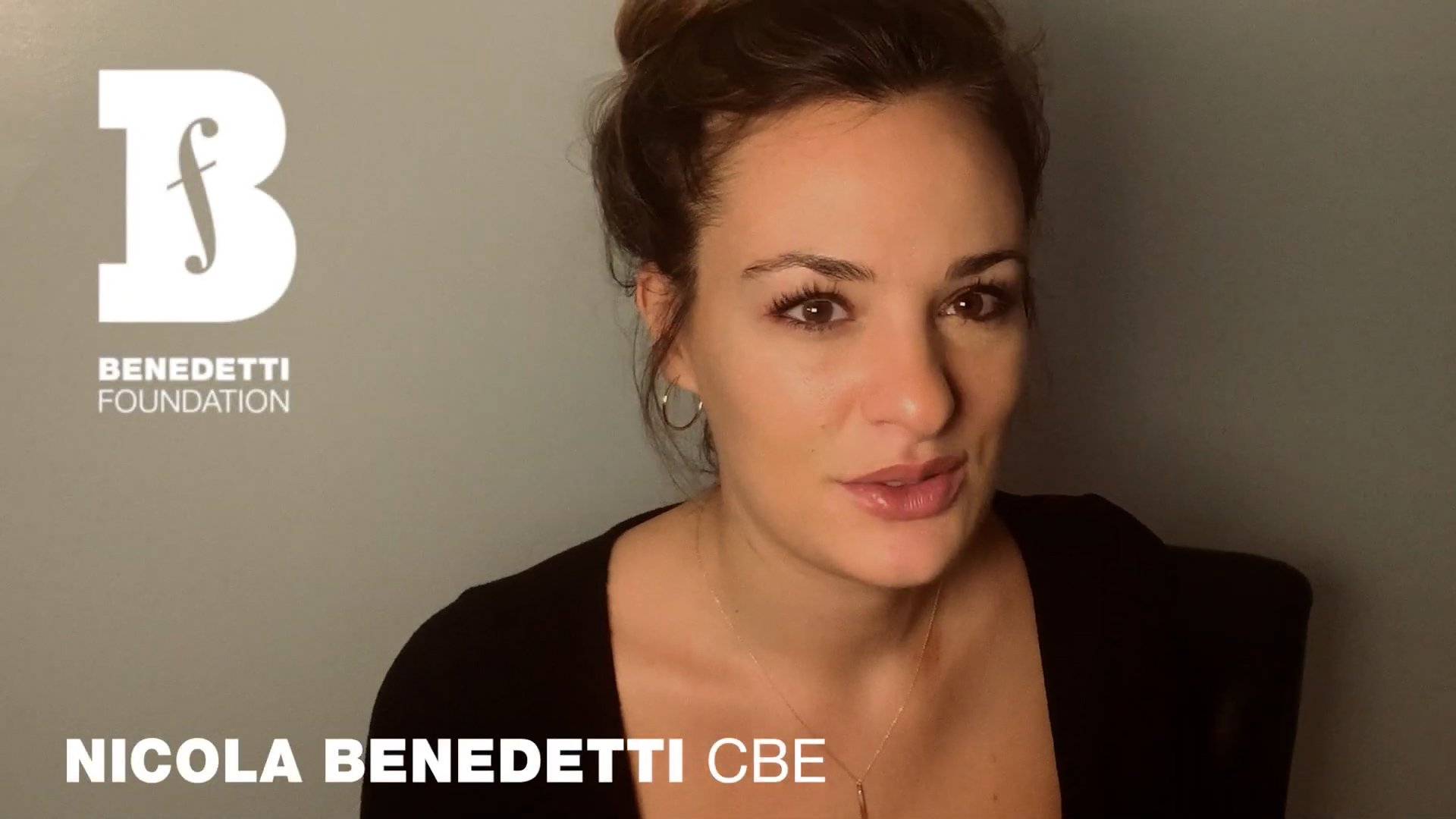
Benedetti Foundation mounts a £40K fundraiser with a stirring video
Returning to writing about music after a few months away has seen certain activities, brands, issues and discussions come into focus for me. What’s becoming clearer for me is the need to highlight some of the creativity that makes up the UK classical music scene. The Benedetti Foundation fundraiser is one such example. The music…
